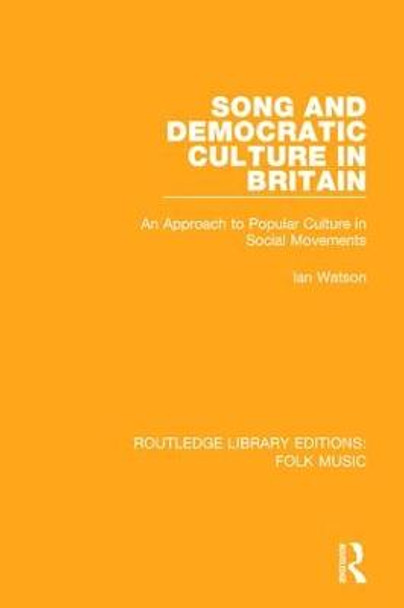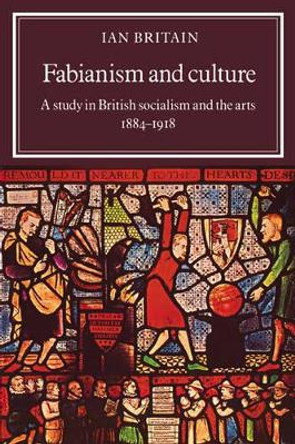Description
Originally published in 1983. Song has always been a natural way to record everyday experiences - an expression of celebration, commiseration, complaint and protest. This innovative book is a study of popular and working-class song combining several approaches to the subject. It is a history of working-class song in Britain which concentrates not simply on the songs and the singers but attempts to locate such song in its cultural context and apply principles of literary criticism to this essentially oral medium. It triggered controversy: some critics castigated its Marxist approach, others enthused that 'such unabashed partisanship amply reveals the outstanding characteristic of Watson's book'. The author discusses the way in which the popular song, from Victorian times onwards, has been forced by the entertainment industry out of its roots in popular culture, to become a blander form of art with minimal critical potential. The book ends by considering the possibilities for a continued flourishing of a genuine popular song culture in an electronic age. It has become a standard title in bibliographies and curricula. Much has changed since 1983, not least in music; but this then innovative book still has a lot to say about popular song in its social and historical context.
About the Author
Ian Watson taught British and Irish Literature and Cultural History as well as Literary Writing at the University of Bremen, and still teaches writing in schools and in adult education. In 1994 he founded newleaf Press and newleaf magazine, which he still edits with Simon Makhali and Julia Boll. He is vice-chairman of the Virtual Literature House in Bremen.
Reviews
Song and Democratic Culture was published in a binary, Cold-War world and triggered controversy. While some critics castigated its Marxist approach, others enthused that 'such unabashed partisanship amply reveals the outstanding characteristic of Watson's book' (Janet Oppenheim, American Historical Review). Singer and musicologist Sam Richards praised it as 'a polemical, even missionary book' (Folk Music Journal). Dick Gaughan championed the author's case for 'a consistent and workable aesthetic based on a class view of folk music'; and it was Gaughan and Billy Bragg who were motivated to rearrange and record 'The Red Flag' with its original folk tune, to challenge Watson's hypothesis on labour and 'dignified' chorus music (p.216).
Book Information
ISBN 9781138953413
Author Ian Watson
Format Hardback
Page Count 258
Imprint Routledge
Publisher Taylor & Francis Ltd
Weight(grams) 640g







